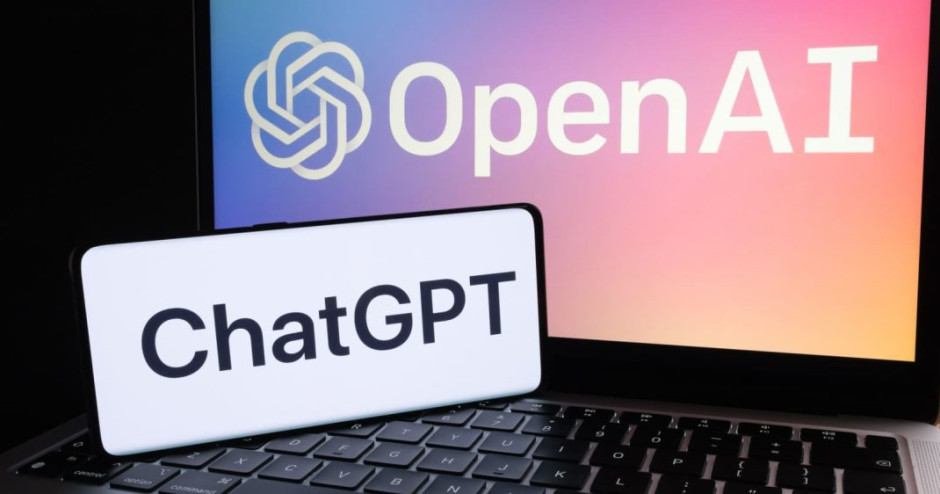[vc_row][vc_column][vc_column_text dp_text_size=”size-4″]The integration of technology into the Pakistani legal system has brought about a new era of legal creativity, as evidenced by a judge’s use of ChatGPT to render a court verdict. This is a significant development that demonstrates how technology can transform the legal industry, potentially resulting in a more efficient and accessible justice system.
However, this innovative application of AI in the courtroom also raises questions about the numerous technological regulations in the nation. While AI has the potential to automate repetitive tasks like document inspection and legal research, ultimately quickening the adjudication process, it also raises concerns about biases in AI algorithms and the potential loss of human empathy in the judicial process.
Pakistan has been steadily strengthening its technology legislation, such as the Prevention of Electronic Crimes Act (PECA) passed in 2016, which aims to protect individuals’ rights to privacy and combat cybercrime in the digital age. The Personal Data Protection Bill is another significant piece of legislation that aims to regulate the collection, use, and storage of personal data, with strict data protection requirements imposed on data controllers and processors.
Also Read: MG Introduces a Mini EV in India for Less Than Rs. 8 Lac
Despite these efforts to modernize the technological laws, the ethical and societal ramifications of AI use in the legal system are not adequately addressed. To enable the responsible and equitable integration of AI in the nation’s judiciary, these shortcomings must be addressed immediately.
One of the main issues that must be addressed is the need for specific laws that guarantee the objectivity, impartiality, and accountability of AI algorithms used in the legal industry. Transparency is essential to prevent the exploitation of AI, as it enables stakeholders to comprehend the underlying mechanisms and take reasoned actions.
Moreover, impartiality is crucial for avoiding discrimination and upholding the ideals of justice and fairness. AI algorithms can be developed and deployed in a way that supports these values by establishing clear criteria for their development, deployment, and auditing. Accountability is also critical to safeguard citizens’ rights and provide remedies in the event of mistakes or injustices. A clear set of liability guidelines for AI algorithm creators, users, and other stakeholders should also be included in this framework, along with regular AI algorithm assessments, certifications, and compliance checks.
Pakistan must strike a balance between keeping the importance of human decision-making in the judicial process and utilizing AI to increase the effectiveness of the legal system. Even though AI can speed up a variety of administrative activities, carry out legal research, and even help forecast case results, it is essential to uphold the importance of human judgment in legal affairs, particularly in delicate cases with broad repercussions. This balance can be achieved by defining certain parameters for the use of AI in the judiciary and ensuring that it does not interfere with human judgment, particularly in situations where empathy, cultural sensitivity, and moral judgment are crucial.
To address these issues, Pakistan needs to create a thorough legal and regulatory framework that covers all aspects of AI application in the legal system. This framework should be built on global standards and best practices, encouraging collaboration with other nations and international organizations to exchange information, expertise, and resources.
Moreover, capacity-building and education programs for legal professionals, policymakers, and other stakeholders should be implemented to enhance their understanding of AI’s capabilities and limitations and the ethical and social implications of its use in the legal system.
In conclusion, Pakistan’s expanding use of technology in the legal field has the potential to significantly improve the country’s judicial system. However, it is crucial to ensure that the regulatory environment and ethical standards keep up with these advancements. By addressing the ethical and societal implications of AI use in the legal system, Pakistan can ensure that technology is leveraged to benefit society while protecting citizens’ rights and upholding the principles of justice and fairness.[/vc_column_text][/vc_column][/vc_row]











